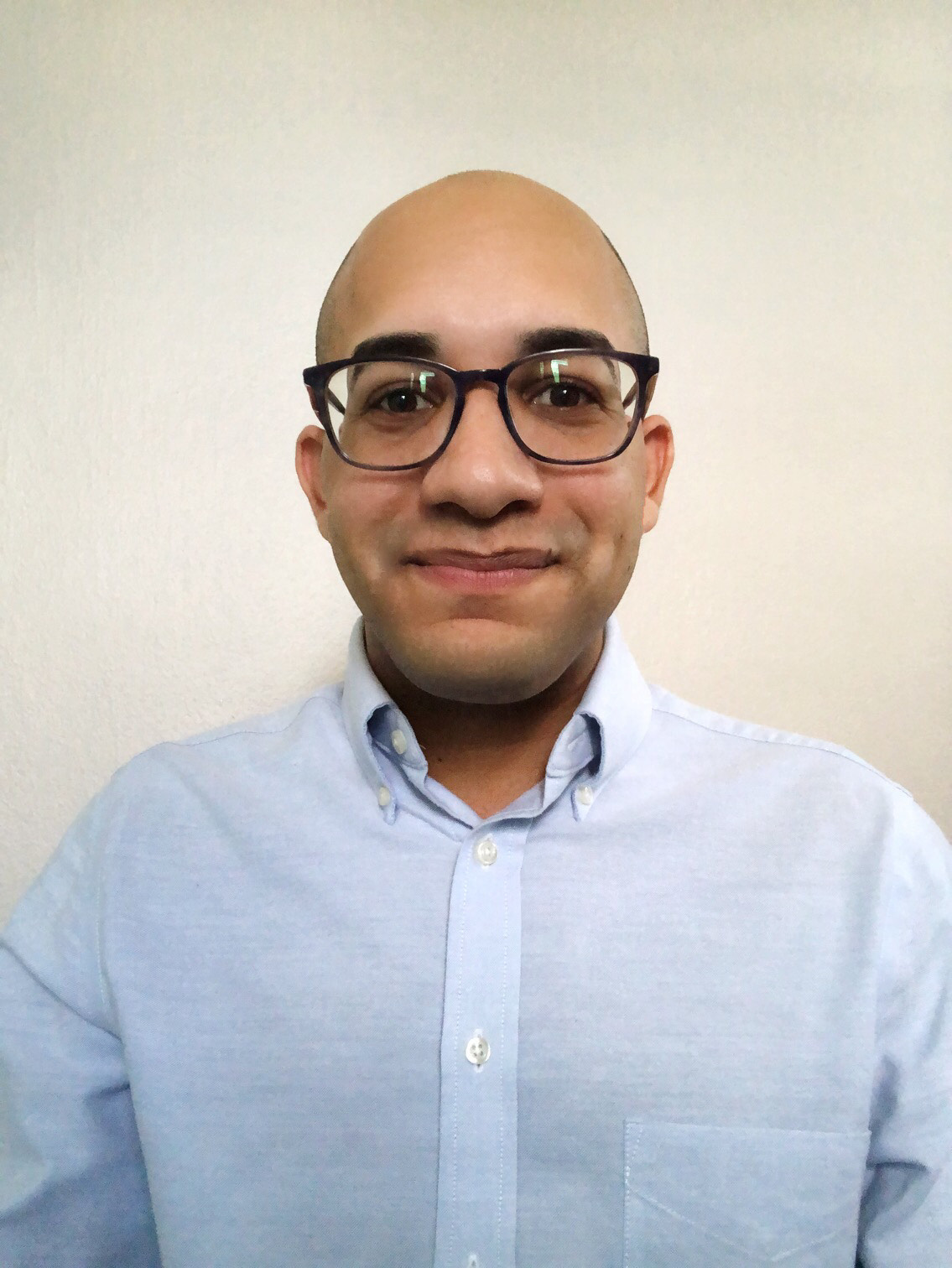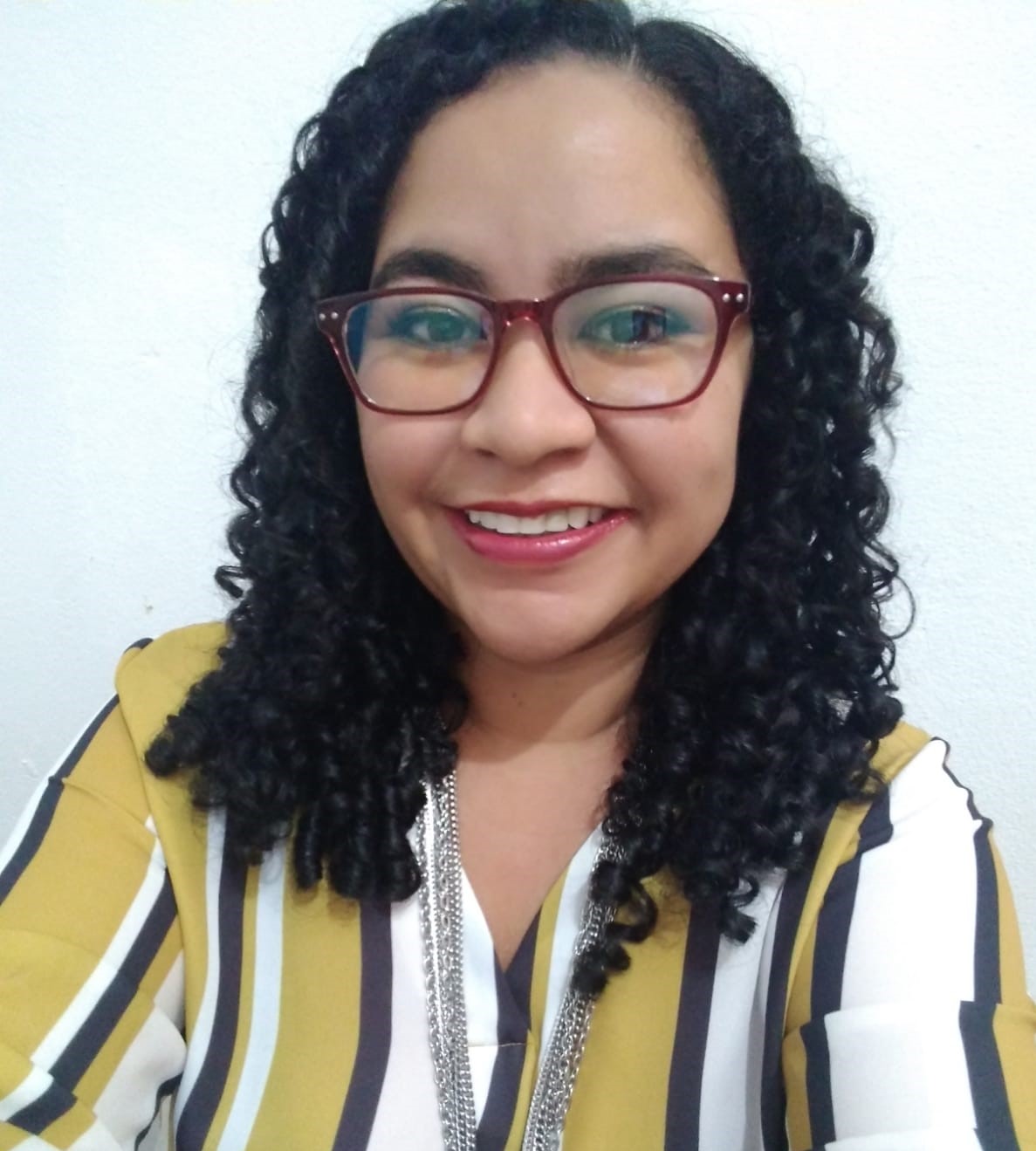The SRO group is actively working on very exciting research topics! These projects are currently running with the involvement of one or more SRO team members and the support of the SRO community.
Active Research Projects

Maria Cabarcas Romero
Lead Graduate Student Researcher
Cost-minimizing preventive maintenance scheduling model considering maintenance frequency
Proper preventive maintenance (PM) scheduling requires a myriad of information and data sharing from various system components. The problem is exacerbated for industries that perform maintenance during work shifts, ensuring minimum cost while considering capacitated resources. This study presents a non-linear programming model for solving the preventive maintenance scheduling problem in companies that face the challenge of efficiently allocating their resources, considering production requirements and capacity and resource constraints. This research is focused on maintenance events that are dominated by events that are triggered by suggested time-based frequency. The objective is to minimize total costs, including earliness cost, tardiness cost, preventive maintenance cost, and overtime cost.
Supervisor: Dr. Betzabé Rodríguez

Anamarie Cotto Ramos
Lead Graduate Student Researcher
Experimental design of concrete mixtures using recycled plastic, fly ash, and silica nanoparticles
Supervisor: Dr. Saylisse Dávila and Dr. Wandaliz Torres García

Nolgie O. Oquendo Colón
Lead Graduate Student Researcher
Nolgie Oquendo is a graduate student interested in the issues of diversity, inclusion, motivation, engineering identity, K-12 education, and data analytics. Currently, his M.S. thesis is focused on understanding how the intersectionality of cultural components influences the development of females’ engineering identity. He obtained his B.S. in Industrial Engineering at UPRM. Nolgie is also a Bridge to the Doctorate Fellow from the Puerto Rico Louis Stokes Alliance for Minority Participation (PR-LSAMP).
Understanding the intersectionality of cultural components as influential factors for the development of females' engineering identity
While the concepts of diversity and inclusion are considered in many different settings, females are still underrepresented in engineering fields. Previous research efforts have provided information to create strategies aimed to transform the system. The results have had a significant impact on women’s role within engineering fields; however, have we considered all the possible factors that cause this problem? Perhaps, the answer to this question lies in the basis of all social constructs, culture. Relatively little is understood about whether culture is indeed an influencing factor in pursuing an engineering career. Analyzing the engineering identity (EI) can provide answers to these questions. This research aims to assess the impact of culture on the development of females’ EI. The research objectives are to: (1) define potential differences between cultures, and (2) comprehend the extent to which the intersectionality of cultural elements, such as race, gender, and class, influences female’s EI. Understanding the relationship between these concepts can shed light on the evaluation of cultural backgrounds and their impact on women’s abilities to study engineering. It can also help focus efforts on developing cultural profiles so that engineering programs meet their population’s needs. Lastly, it can contribute to inclusion, diversity, and equality in engineering programs, reinforcing multiculturalism and diversity.
Supervisor: Dr. Lourdes A. Medina Avilés

Karolay Yepes Buitrago
Lead Graduate Student Researcher
Lot size flexibilization: A model for measuring impacts in the supply chain and a decision-making tool
Supervisor: Dr. Betzabé Rodríguez
